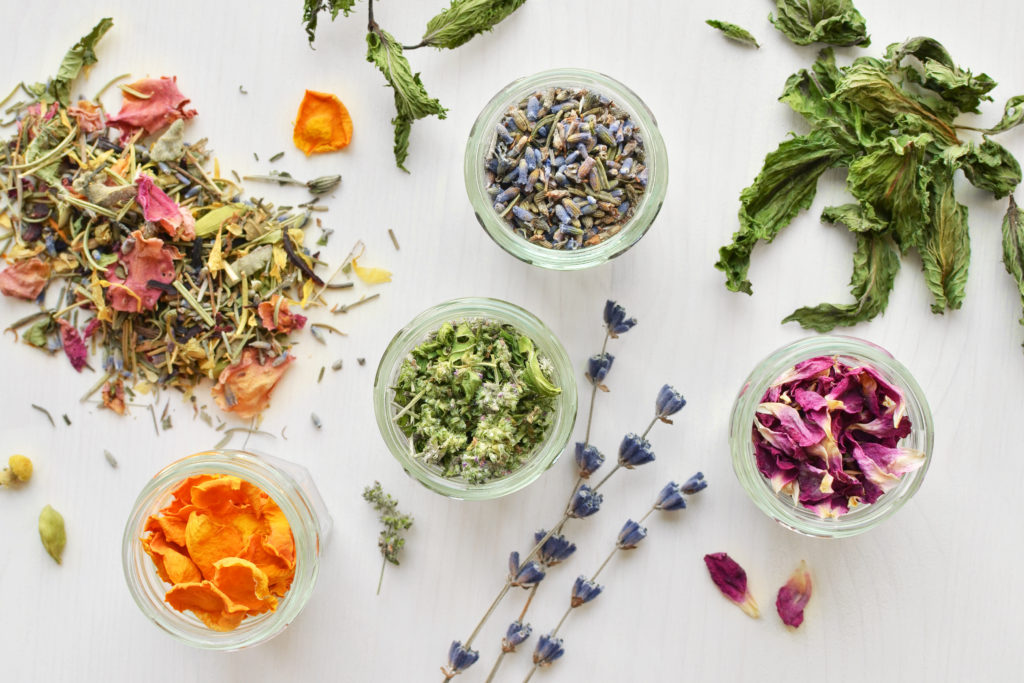
Coffee & Tea Consumption
A significant portion of hot drink consumption is driven by habit. This has led to a lack of change in consumption for staple categories such as hot black tea and coffee. However, a more apparent trend is the growing percentage of individuals consuming hot coffee specialties and hot tea weekly. For instance, FMCG Gurus’ consumer insights reveal that 32% of global consumers say they drink hot speciality coffee weekly. In addition, our findings indicate that 30% of global consumers drink hot black tea weekly. This shift can be attributed to consumers seeking affordable indulgence as escapism during uncertain times. This is also accompanied by visiting food service outlets more often compared to the pandemic period.
Additionally, there has been a rise in the percentage of consumers regularly turning to green tea. This suggests a preference for better-for-you options among certain consumer segments.
Consumers Have Conflicting Behaviors During Today’s Recessionary Period
Even before the current economic challenges, a considerable number of consumers were managing their finances on a month-to-month basis and felt they lacked substantial finances. The escalation of price inflation has only enhanced these concerns, resulting in opposing attitudes among consumers toward product categories associated with indulgence. On one hand, there is a desire to limit spending on non-essential product categories or those linked to premium pricing.
Conversely, individuals continue to pursue indulgences as a means of escapism and compensation for reduced spending on larger-ticket items. These conflicting attitudes and behaviors are directly influencing the hot chocolate and hot coffee specialties categories. As a result, consumers demonstrate both a reduction and an increase in consumption simultaneously. This underscores the consumer focus on cost consciousness. As a result, brands should emphasize affordable indulgence and promote hot drinks as a means of escapism and self-care.
Botanicals are Highly Appealing

Authenticity and genuineness hold significant importance for consumers, particularly when selecting hot beverages. Consequently, it’s unsurprising that 42% of global consumers indicate that botanicals make them want to increase their consumption of such beverages. This influence stems from two primary reasons. Firstly, consumers link these ingredients with environmental friendliness and purity. Secondly, with the promotion of various aspects of health during a time when proactive health approaches are prioritized (even as spending on health and wellness products is considered less essential compared to the pandemic period).
On a global scale, consumers mainly associate botanicals with contributing to sleep health. For example, FMCG Gurus’ market research indicates that 63% of consumers who are likely to purchase beverages with botanicals/botanical flavors believe they help to improve sleep health. The association with supporting physical and emotional well-being will resonate with consumers and shape their perceptions of value. This is important during a time when they strive to maintain fitness levels for as long as possible. This is especially pertinent as consumers express concerns about the impact of elevated stress and anxiety on their mood, sleep patterns, and long-term health.
Consumers are Seeking Ingredients That They Deem ‘Better For You’
In addition to steering clear of what consumers consider dietary drawbacks, they actively seek ingredients perceived as beneficial for themselves and the environment when selecting hot beverages. Through a better-for-you lens, consumers emphasize the importance of sustainably sourced ingredients. This indicates their increased attention to the supply chains of particular beverages. Consumers express a desire for ingredients to be produced in an equitable and responsible manner.
Health-related claims hold significant appeal. This is particularly true as certain hot drinks have long been associated with supporting both physical and cognitive well-being. However, in a climate where concerns about illness have lessened, it is paramount that product claims are viewed as trustworthy. In addition, health benefits should not be excessively highlighted to the detriment of sensory enjoyment.
